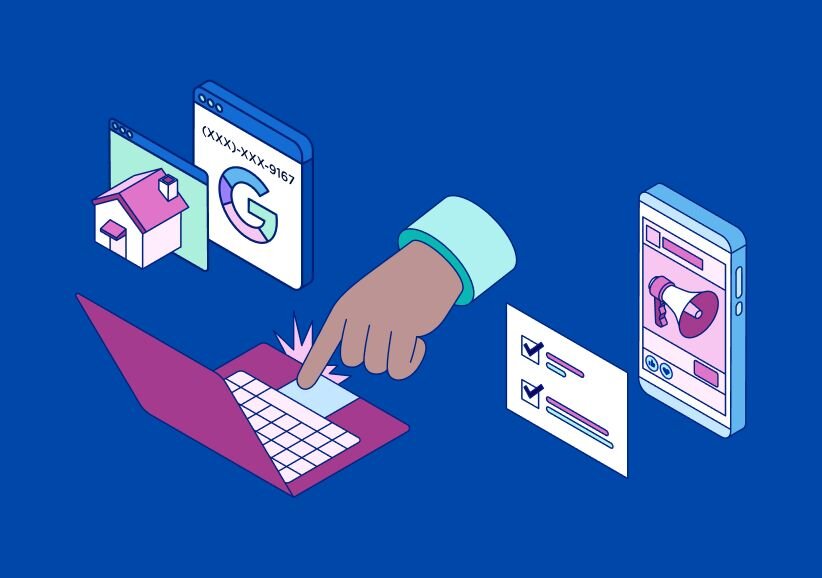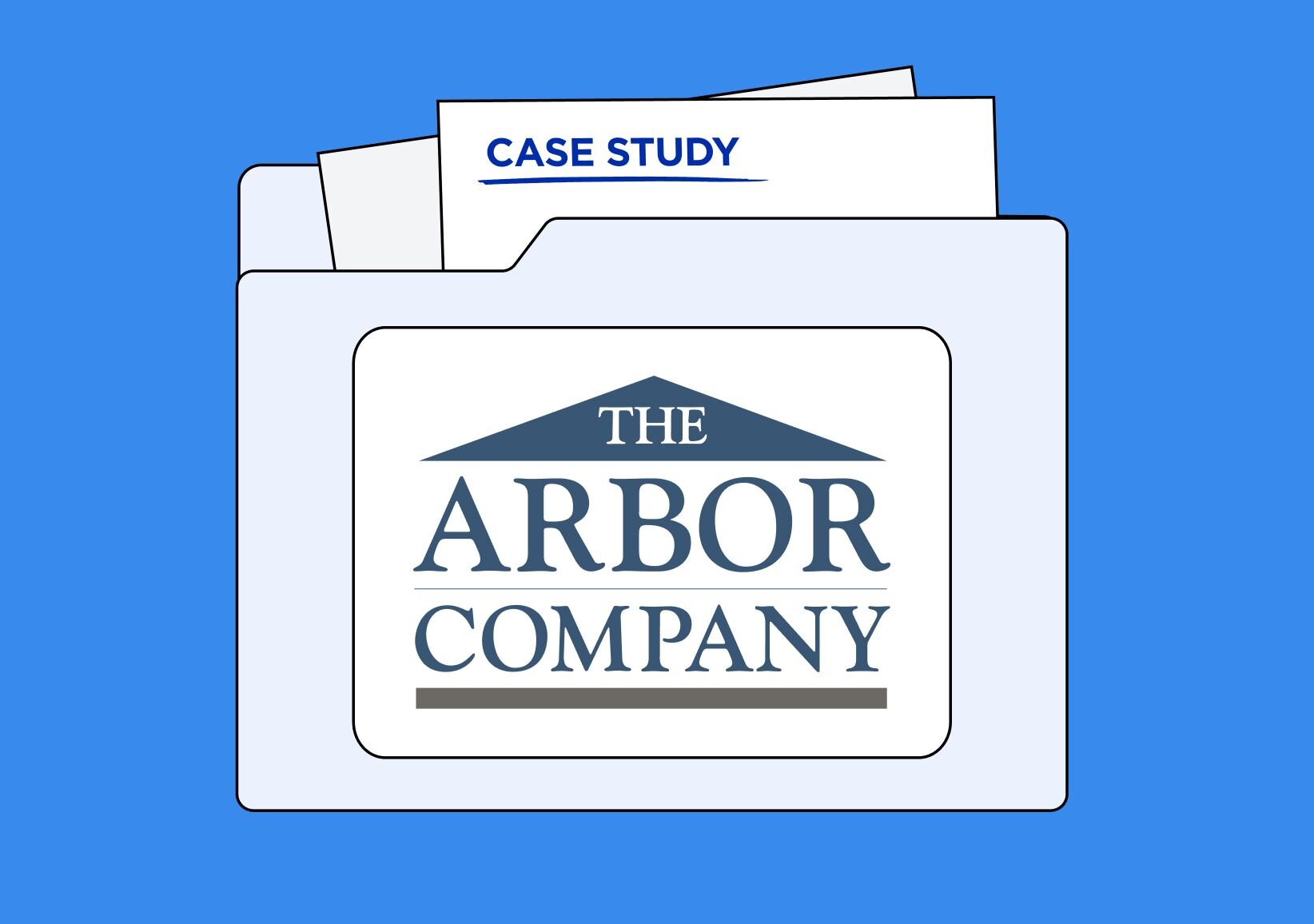According to the American Bar Association (ABA), many law firms in the U.S. report feeling only “moderately confident” when it comes to how well their marketing is performing. However, 72% of those in the same study by the ABA claim they will continue marketing in the same way or even increase their marketing budget in the next year.
Lawyers and law firms — particularly solo lawyers and small firms with only 2-30 associates, according to the same study cited above — have lagged in adopting effective digital marketing techniques. But that doesn’t mean you or your firm have to do the same.
These five legal marketing statistics will better orient your legal marketing strategy to confidently generate and retain more clients.
1. 54% of law firms don’t have an annual marketing budget.
According to the ABA’s 2020 Websites & Marketing Report, 54% of law firms in the U.S. don’t have an annual marketing budget; only 14% of solo attorneys and 32% of small firms (2-9 associates) report having an annual marketing budget. Medium-sized law firms with 10-49 associates aren’t too far ahead: Only 63% report having a marketing budget.
So, how does a budgetless firm market its legal service? Many rely on “random acts of marketing,” or worse: They don’t take the time to properly market themselves at all.
What it means for your law firm: Based on the data above, law firms that take the time to create and implement a marketing budget will be one step ahead of many of their competitors. This means greater opportunities for generating leads, retaining more clients, and ultimately increasing your firm’s bottom line.
To learn more about how you can set up a marketing budget for your firm, check out our guide on the best practices for allocating a marketing budget.
2. When searching for a lawyer, 57% of consumers searched on their own, 59% asked for a referral, and 16% did both.
Clio’s 2019 Legal Trends Report found a close tie between consumers who did their own research (57%) and consumers who ask for a referral (59%) when looking to retain a lawyer. Only 16% reported doing both.
However, a similar study conducted by Martindale-Avvo discovered that 46% of people who received a referral still went online to research the referred lawyer’s or firm’s website and to search online review sites before making contact.
According to Martindale-Avvo, the top channels consumers use to research lawyers and law firms include:
- Online review sites like Yelp, Avvo, Google, Lawyers.com (46.5%)
- Referrals (43%)
- Google search engine (43%)
- An attorney or law firm website (36%)
- Print advertising (9%)
- TV and radio (5%)
What it means for your law firm: Law firms can no longer rely on one marketing channel to survive in today’s marketing environment. These marketing channel preferences show your firm must be present on multiple channels and must have a strong online presence via your website and online reviews to connect with more clients during their research process.
But keeping track of how each of your marketing channels performs can be difficult for busy lawyers. Using tools like CallRail’s Call Tracking and Form Tracking can help you see exactly which of your marketing channels — both online and offline — generate the best leads for your business.
3. 68% of consumers first contact a lawyer or law firm by phone.
How well your firm handles phone calls can spell the difference between retaining a client or having them turn to your competition. When first contacting a law firm, 68% of consumers reached for the phone, as opposed to 25% who used email or an online form. The same study found that while the average consumer talks to three or four lawyers before deciding which to retain, 42% will choose the first lawyer they speak with if the lawyer leaves a “good first impression.”
42% will choose the first lawyer they speak with if the lawyer leaves a “good first impression.”
What constitutes a good impression? Ranked by importance, consumers reported these factors as essential to their evaluation process of a lawyer or law firm:
- Timeliness of communication (82%)
- Clear communication of next steps (80%)
- Clear sense of how much their case would cost (76%)
- Clear expectations of the whole process involved in their particular case (74%)
- Lawyer has a favorable tone (64%)
What it means for your law firm: Even as the legal industry slowly undergoes a digital transformation, most consumers still rely on traditional phone calls to communicate with law firms and gauge whether to retain them. To take advantage of this, your firm needs a dedicated business phone system in place to handle incoming calls in a friendly and timely manner.
Thanks to solutions like Call Recording and Conversation Intelligence, you can extract insight from your calls that will help inform and optimize your marketing strategy.
Call Recording lets you play back your calls to measure your call quality score and quality assurance. And with Conversation Intelligence, you can harness the power of AI to analyze your calls, automatically qualify a sales lead, highlight keywords, and recognize commonly asked questions. Armed with this information, you can boost your firm’s content marketing strategy with marketing materials that resonate with your target audience, such as blog posts addressing how your firm handles billable hours, guides navigating common legal problems, or social media videos highlighting the unique advantages of retaining your firm. You can also use the keywords you find to further refine your pay-per-click (PPC) bidding strategy.
Related: Download our free Call Quality Scorecard to see how your firm performs over the phone.
4. 60% of law firms didn’t respond to an email inquiry, and 27% didn’t answer the phone or call back.
To discover the average email and phone response rate of law firms, Clio emailed 1,000 law firms and called 500 from the same group. Of those firms, 60% never responded to their inquiry email, and 27% failed to answer the phone or call them back.
Obviously, if you don’t follow up with a lead, that guarantees they’ll find another lawyer or law firm to represent them. But how long it takes for a law firm to respond to their initial inquiry also plays a role in a consumer’s decision on which lawyer or law firm to retain.
According to the Lead Response Management Study, if you respond to a lead within five minutes of their initial contact, you substantially increase your chance of being retained. Other compelling data that points to the importance of prioritizing timely responses:
- A firm is 100 times more likely to connect with a lead within five minutes as opposed to 30 minutes.
- A firm is four times more likely to qualify a lead within the first five minutes as they are in 10 minutes and 21 times more likely to qualify them within five minutes compared to 30 minutes.
What it means for your law firm: Response time is critical to your law firm’s success. Focus on timely follow-ups and clear communication of next steps with potential leads to significantly increase your chances of retaining more clients.
One way to increase your lead response time is to use a solution that lets you set up automated responses, like an email or text message, to potential clients after they fill out your online form or call your firm. Short confirmation and follow-up messages like these show you are present and attentive to your client’s needs, no matter when they contact you.
And with digital solutions like Lead Center, you can keep all your business communications like calls, form submissions, and live chat organized in a single inbox — helping you stay on top of client communication and quick follow-ups.
5. 62% of lawyers either don’t have access to their web analytics or are unsure if they do, and 40% of those who do have access never view them.
According to the ABA’s 2019 Website and Marketing Report, 41% of lawyers do not have access to marketing analytics, and another 21% responded that they don’t know if they have access to this data.
For the remaining 38% who do have access to these critical analytics, 41% of lawyers never view them. Of the lawyers and law firms that use an external marketing agency, only 17% get regular reports on their website and marketing performance.
What it means for your law firm: Most law firms don’t understand how their digital marketing affects their bottom line or even how to optimize their efforts to generate better results. Business management consultant Peter Drucker famously stated: “If you can’t measure it, you can’t improve it.” This especially holds true when it comes to the high costs associated with legal industry marketing. The law firm that measures its marketing effectiveness can invest more time and money into high-conversion channels and eliminate marketing confusion and wasted ad spending.
Build legal marketing confidence with CallRail
You don't have to settle for "moderately confident" when it comes to your marketing efforts. Each of these legal marketing statistics highlights the importance of creating a budget, being present on multiple channels, using a dedicated phone system, and measuring your marketing efforts so you can optimize your performance.
With a report like CallRail’s Lead Attribution Report, you can see exactly how well your marketing channels perform in one easy-to-navigate dashboard. You can see which of your marketing channels — Google and Facebook Ads, websites, web forms, phone calls, offline marketing, etc. — drive the most calls, texts, form submissions, and live chats. You’ll get a clear picture of which channels to invest in and which to cut from your marketing budget.
Consider a comprehensive business communications and analytics platform to simplify and further optimize your marketing efforts.











